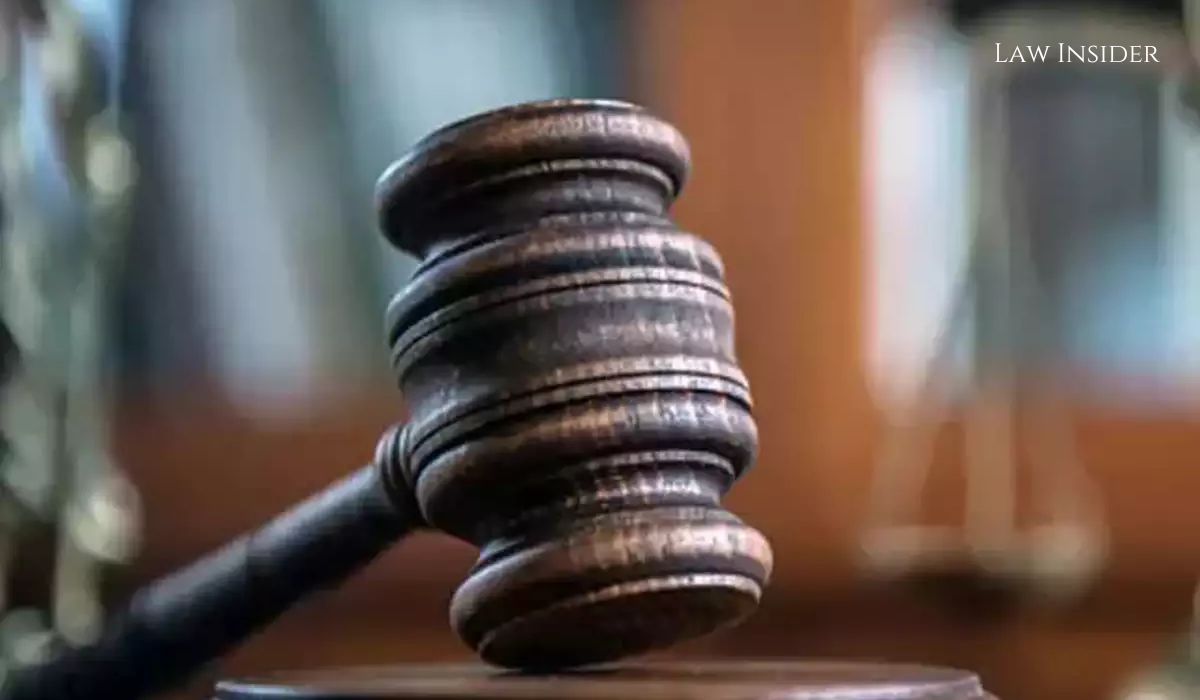Sakina Tashrifwala
Published on: October 26, 2022 at 18:31 IST
The Supreme Court ruled that the appointment of a Vice Chancellor of a University is illegal if the Search Committee only recommended one name rather than a panel of 3-5 names as required by the University Grants Commission Regulations 2013.
While setting aside Rajasree M.S.’s appointment as Vice-Chancellor of A.P.J. Abdul Kalam University, a bench comprised of Justices MR Shah and CT Ravikumar held that the appointment would be “void-ab initio” if it was not made in accordance with UGC Regulations.
In reaching this conclusion, the Supreme Court determined that even if an amendment to the UGC Regulations was not explicitly accepted by a State, it would still have binding force in the relevant field in which the amendment operated.
Thus, the court soundly rejected the submission that state legislation would prevail in such a case, basing its decision on the supremacy of central laws under Article 254 of the Constitution.
The Bench of Justices MR Shah and CT Ravikumar ruled as follows:
“If there is a conflict between State legislation and Union legislation, the Union law shall prevail, even if the provision of the State legislation is repugnant, according to Article 254 of the Indian Constitution.
“As a result, the State’s submission that the UGC Regulations shall not be applicable unless specifically adopted by the State and that State legislation shall prevail unless specifically adopted by the State cannot be accepted “.
However, in this case, the Court noted that the UGC Regulations were adopted by the Government via an order dated December 10, 2010.
According to the Government Order, universities must incorporate UGC regulations into their statutes and rules. In this context, the Court observed:
“Because the subsequent amendment was not specifically adopted/accepted by the State, the State cannot claim that the amendment to the Regulations is not binding on the State/Universities.”
State’s As a result, the UGC Regulations were also applicable to the appointment of Vice Chancellors in the respective Universities in the State, and the Vice Chancellor shall always be appointed in accordance with the relevant provisions of the UGC Regulations as amended from time to time.”
This decision came in response to an appeal filed against the Kerala High Court, which had previously refused to issue a writ of quo warranto to vacate the appointment.
The High Court relied on the Supreme Court’s decision in Kalyanji Mathivanan vs. K.V. Jeyaraj and Ors., which held that UGC regulations are not binding on states unless they are specifically adopted by them.
The issues at stake were whether the appointment should have been made in accordance with the UGC Regulations or the APJ Abdul Kalam Technological University Act 2015, which was enacted by the State legislature in 2015, and whether the search committee formed to recommend Rajasree as Vice-Chancellor was “duly constituted.”
At least three suitable names must be recommended by the search committee.
In addressing the second question, the court noted that both the UGC Regulations and the University Act, 2015 required the search committee to recommend at least three suitable candidates for the position of Vice-Chancellor, from whom the Chancellor would select one.
However, in this case, the committee had only recommended Rajasree’s name, so the Chancellor “had no option but to consider the names of the other candidates.”
According to Section 13(4) of the University Act, 2015, the Committee shall recommend unanimously a panel of not less than three suitable persons from among the eminent persons in the field of engineering sciences to the Visitor/Chancellor.
On this basis, the court questioned the legitimacy of the search committee and its recommendation.
“The appointment of respondent No. 1 is outside of and/or in violation of the provisions of the UGC Regulations, as well as the University Act, 2015. As a result, the appointment of respondent No. 1 based on the recommendations of the Search Committee, which was not a duly constituted Search Committee as per the UGC Regulations, and when only one name was recommended despite a panel of suitable candidates (3-5 suitable persons as required under Section 13(4) of the University Act, 2015), can be said to be illegal and void ab initio.”
As a result, the Court granted the appeal, concluding –
“The impugned judgment(s) and order(s) of the High Court’s Division Bench, as well as that of the learned Single Judge dismissing the writ petition and refusing to issue the writ of quo warranto declaring respondent No. 1’s appointment as Vice Chancellor of the APJ Abdul Kalam Technological University, Thiruvananthapuram, as bad in law and/or illegal and void ab initio, are hereby quashed and set aside.”
“The writ petition is permitted. A writ of quo warranto shall be issued declaring respondent No. 1’s appointment as Vice Chancellor of the APJ Abdul Kalam Technological University, Thiruvananthapuram void ab initio, and the appointment of respondent No. 1 as Vice Chancellor of the APJ Abdul Kalam Technological University, Thiruvananthapuram is quashed and set aside.”
Background
Professor (Dr.) Sreejith P.S. applied for the position of Vice-Chancellor of A.P.J. Abdul Kalam Technological University, which was advertised twice by the State.
The petitioner was included in the first notification’s shortlist, but after the search committee was disbanded, a second notification was issued in December 2018. The petitioner did not find his name in the second notification, and he learned from newspaper reports that the Chancellor appointed Dr Rajashree M.S. on February 19, 2019.
After reviewing the information obtained under the Right to Information Act of 2005, the petitioner discovered several flaws that rendered the selection process invalid. As a result, the petitioner petitioned the Kerala High Court.
However, a Single-Judge Bench refused to overturn Rajasree M.S.’s appointment. An appeal against this decision was also dismissed by a Division Bench.
Finally, the case was appealed to the Supreme Court.

